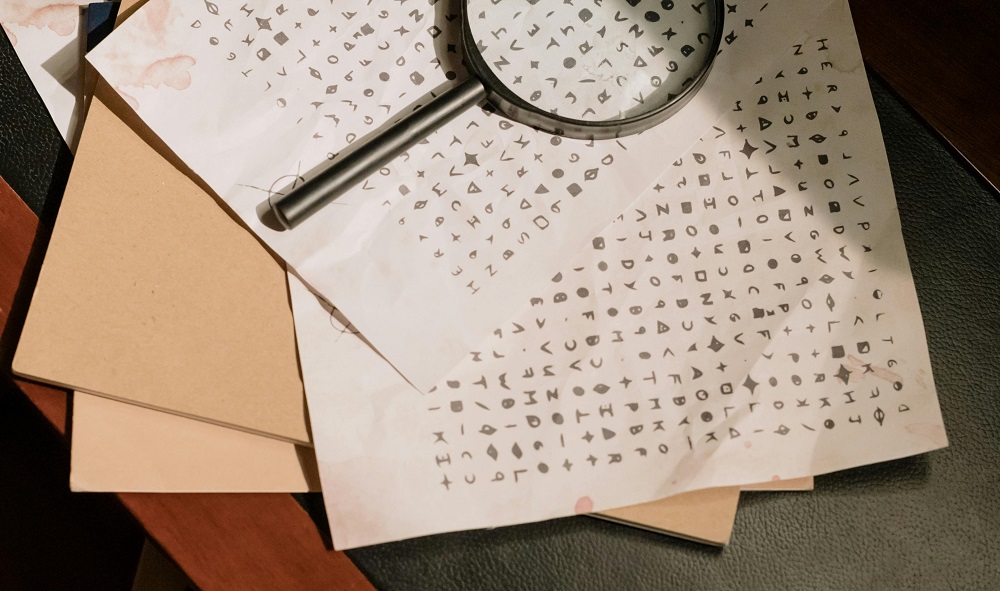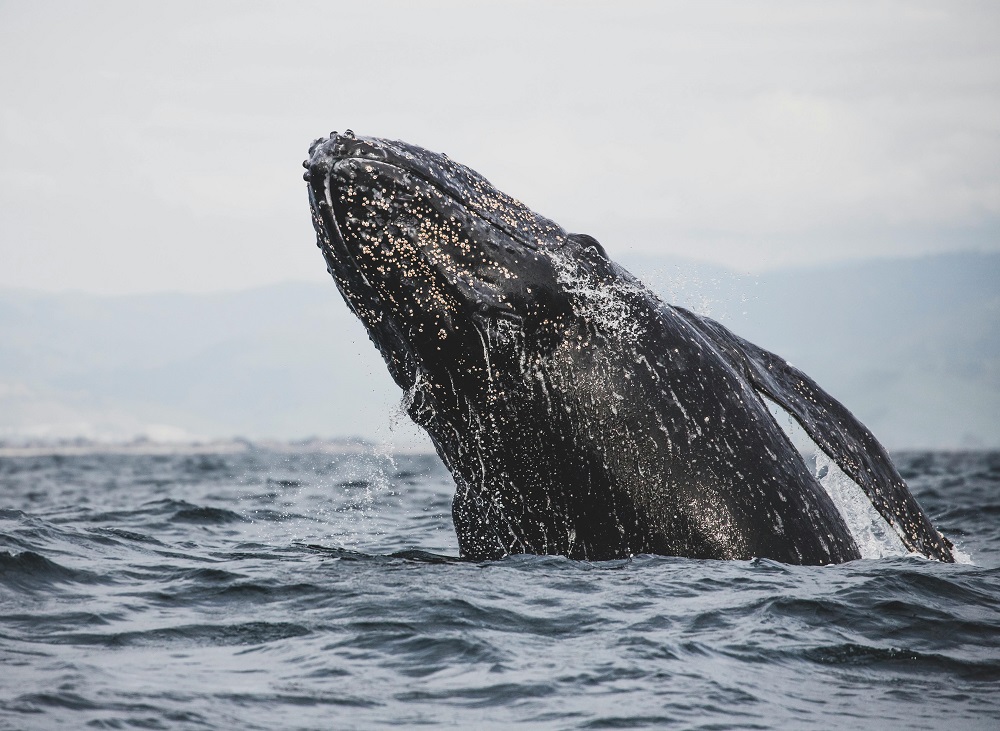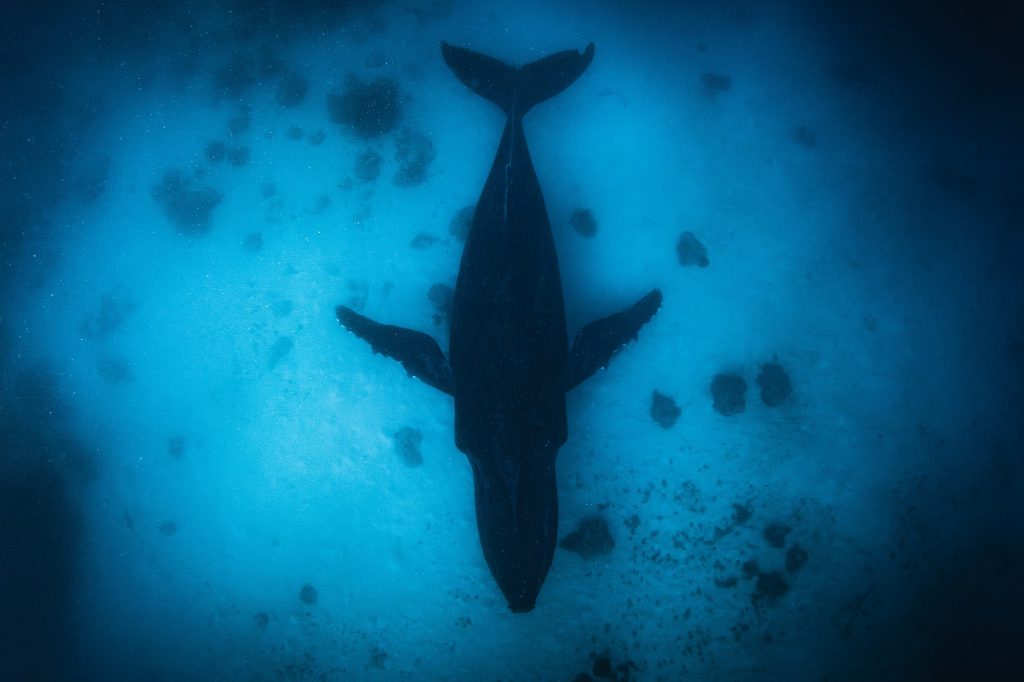
How do whales sleep? On the sea-bed of course. But jokes aside… Marine mammals are facing a challenge: they need to breathe air regularly, so what do they do when it’s time to sleep? I’m jumping into the ocean with my brand-new SCUPA gear to find out!
Ahhhh-hhaaaaaa. Don’t you feel like yawning? I sure feel tired! But this is no time to be sleeping! There’s an underwater mystery to be solved! Today Emma throwing on her scuba gear to investigate something BIG!

Sleep is super important for everyone! A great night’s sleep helps you feel good and have nice dreams. When you get enough sleep, you stay healthy, give your mind and body a break, and feel rested. Not enough sleep can change your mood completely and even hurt your health in the long run!
THE QUESTION OF THE DAY:
How do Whales sleep?

When you live on land (like humans) there’s a soft ground to sleep on. You can find a comfy mattress, couch, or pile of pillows to sleep. Cats curl up, monkeys climb trees, and even birds make nests! Some animals are known for how they sleep! Bat hangs upside down, sloths are always sleepy looking… but who is the SLEEPIEST animal on Earth? Vote on the answer you think is right! If you have any thoughts, share them in the comments below.
So… what’s the answer? Be sure to listen to know the full reason why! One thing you might notice: All of these animals sleep on land. They’re safe when they lie down and rest. But what about sea creatures? Do they swallow water as they sleep? Does floating cause problems?
Some fish rest by reducing their activity, but don’t sleep like you do. Sea turtles can hold their breath for up to 7 hours, which allows them to sleep underwater for a short time if they can’t find land. What about bigger animals? Whales sleep by “turning off” part of their brains. Like humans, whales have a left and right side of their brain. To sleep, they keep one side on to work on breathing and paying attention to their environment.

Why do they do this? And why don’t we do it too then? Breathing: that is the key! Humans do what’s called “involuntary breathing” – we breathe without thinking about it. Whales are different – they do “voluntary breathing” – this means they must think to take a breath.
Sounds hard? It sure is! When diving deep down, whales are actually holding their breath! The longest whale to have held its breath was the Cuvier’s beaked whale at 222 minutes. This means they are always moving, even just a little. That is why to sleep they turn on only one part of their brain, to have the other work on breathing.
Talk about a strange biologic answer to this mystery! Do you know any other animals who sleep weirdly? What about you? Do you like sleeping on your back or sides? Or… maybe it’s a secret! I’m knackered, good night Earth Rangers!

Do you have a fun animal mystery you want us to explore?
Let us know in the comments in the Earth Rangers App!


That’s cool